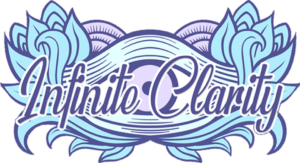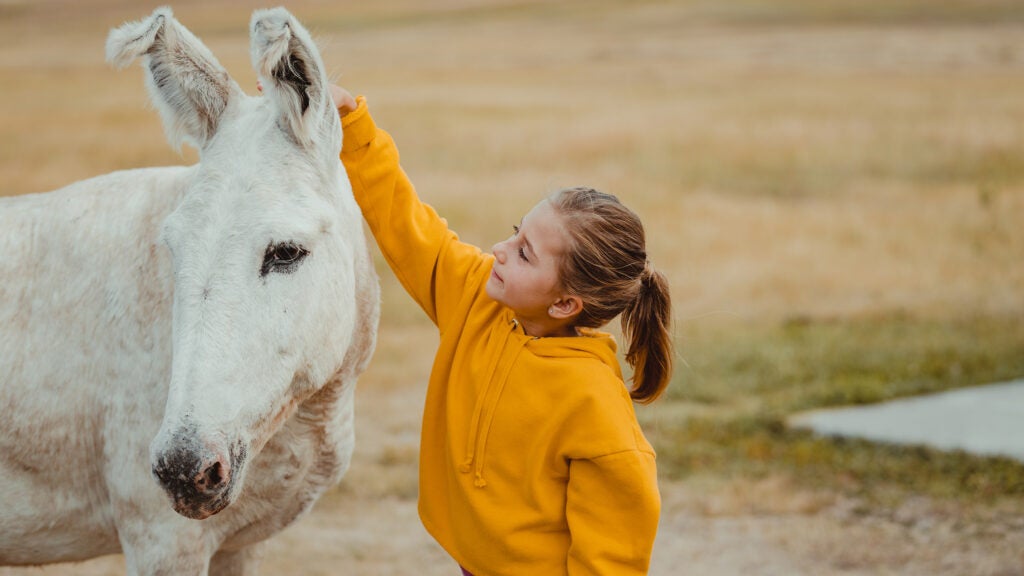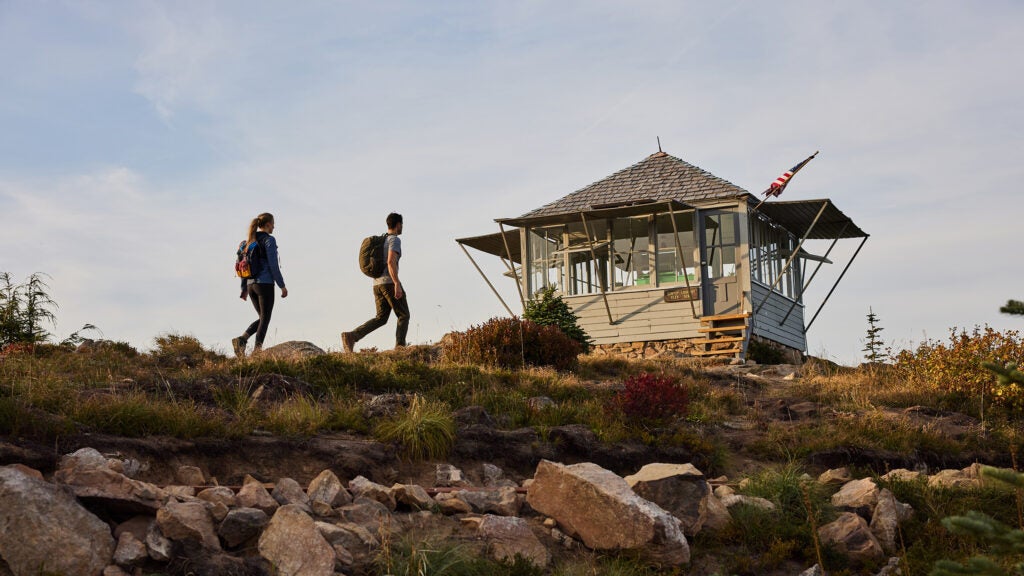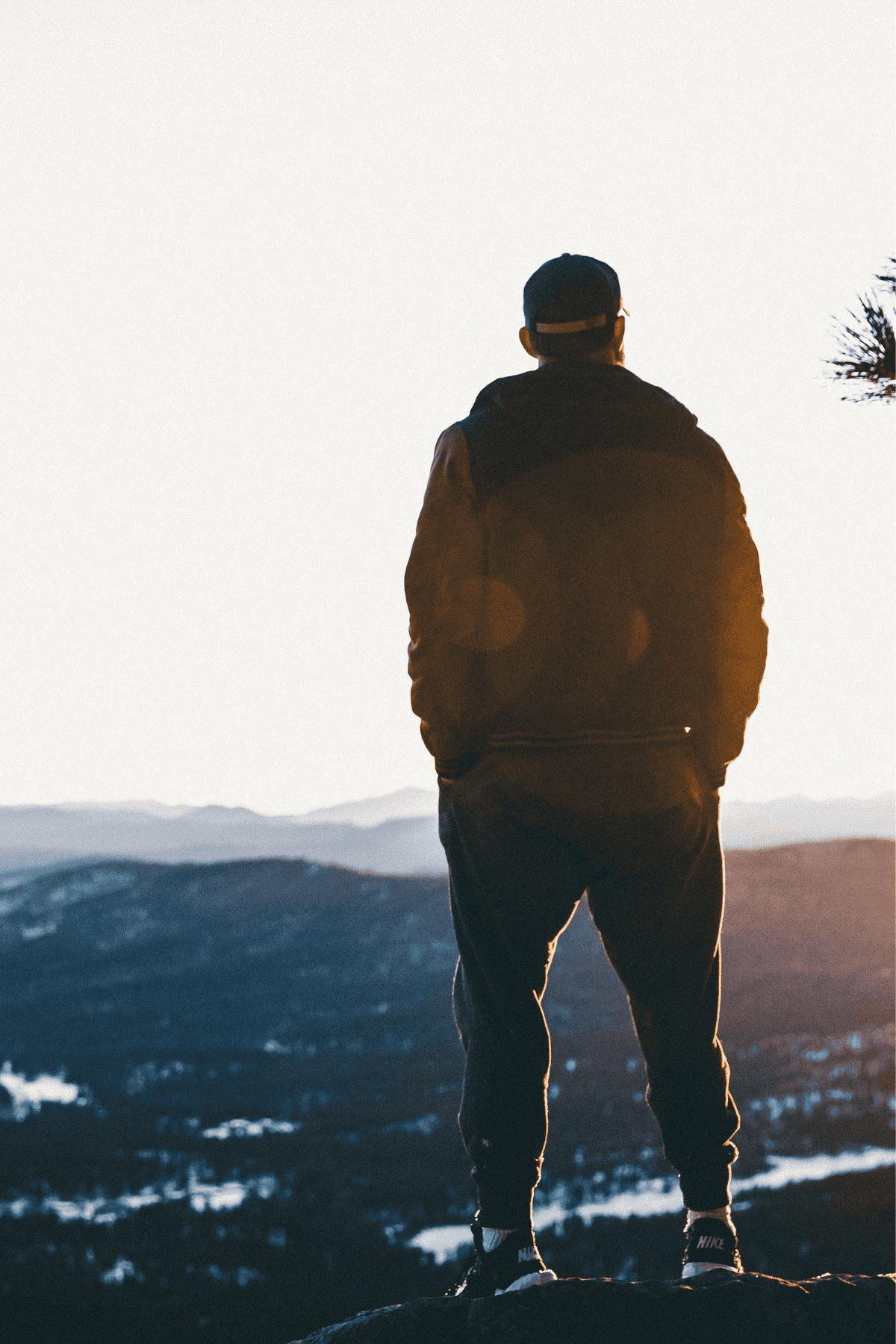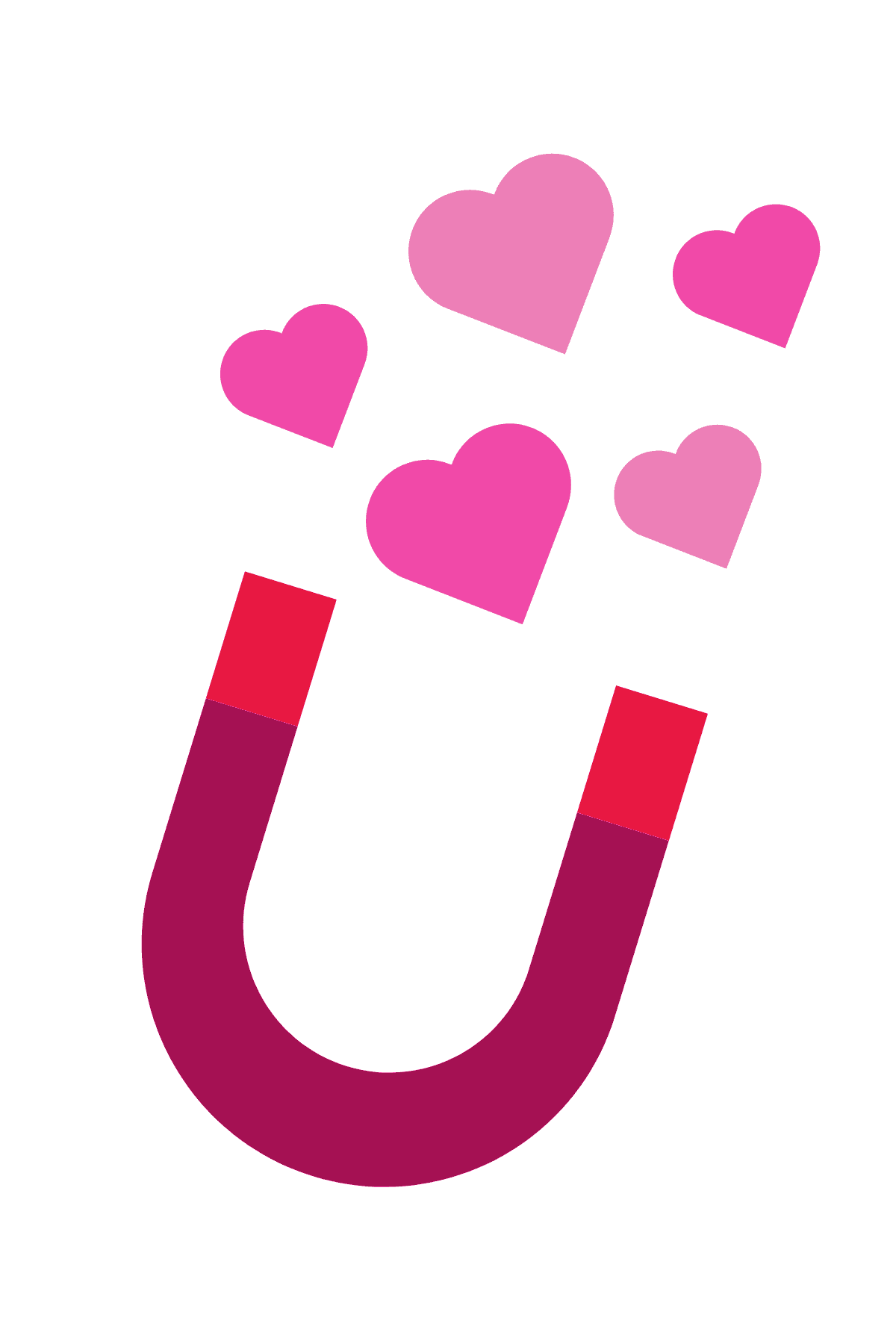Miami, Fla. – Before the COVID-19 pandemic hit American shores in early 2020, the health disparities faced by the Black community were already well documented. In 2007 the exciting topic apart from then-presidential candidate Barack Obama’s platform centered around universal health care. Health insurance in the U.S. was complicated, expensive and elusive for those who could not afford it. Hospital emergency rooms were commonly used as a clinic for the uninsured. Obama’s solution was universal health care for all Americans with a plan that would put the insured for the first time in the seat of power where they would be able to “shop around” for the best affordable healthcare insurance.
This “shopping” strategy would pit insurance companies against one another in other states, which would provide consumers a vast landscape for purchasing affordable insurance tailored to their specific needs. Once Obama won the White House the discussion became even more political, with major insurance companies successfully lobbying for the removal of the one component that could make a definitive change in the way healthcare is provided in this country: the public option. While Obamacare, technically know as the Affordable Care Act, which became law in 2010, has improved some areas of healthcare in the U.S., the focus of reform was to make sure that everyone had equal access to quality care at affordable prices.
However, with covid’s emergence it became quite evident that the health disparities Obamacare was created to alleviate had provided little to no impact on the progression of quality health care for the poor and the uninsured in the Black community. According to the National Institute of Health (NIH), the pandemic “amplifies the existing inequities.” Black Americans and other minorities suffered devastating morbidity outcomes. In many Republican states, the expansion of Medicaid which would have offered patients more coverage and medical services was blocked. The “lack of insurance, lack of living wage, and employment in ‘essential jobs’ elevate mortality in poor communities.” When covid vaccines rolled out in late 2020 the sentiment of distrust was rampant in the Black community. Historical oppression, structural and environmental racism combined fostered skepticism about the vaccines with good reason. But within this framework a greater discussion about healthcare, wellness and holistic medicine is being had.
Holistic health coach, Reiki instructor, and registered nurse Nicoli Novak is on the forefront of an exciting wave of medical professionals who are employing metaphysical and holistic healthcare methods with traditional medicine. With a career that has spanned more than 25 years, Novak understands the mistrust some have for the healthcare system as it stands. “I have been in a leadership position through management since 2003,” she said in an exclusive interview. “Nurses in nursing school are being taught more test-taking skills, leaving behind critical thinking skills needed for the bedside. Allopathic medicine is the primary approach and there is systemic bias in healthcare for African Americans.” Allopathic medicine is where the focus is centered around treating symptoms of disease with drugs, radiology and surgery. Holistic medicine is the healing practice of treating the entire person, mind, body and spirit, along with preventative medicine. This is familiar territory for Black Americans. “Black people have a strong sense of ancestry. It’s rooted in our DNA. We come from Africa. Holistic medicinal practices come from Africa. It is natural. Knowing how to heal ourselves came with us on the slave ships to the Americas. We took what we learned and used what we had,” Novak said. This innate sense of knowing has motivated a movement that is growing among the Black community born out of frustration with the traditional healthcare system. “When you go into the office for a visit, doctors give you 15 minutes at the most, check your vitals and blood pressure, ask you what prescriptions you need refilled, and write the prescriptions. That’s it. Nurses’ caseloads are so heavy that they can’t do a proper assessment or a case plan for a patient because they don’t have the time. The wellness model today is not working. Patients want more.”
What makes holistic medicine work is the connection between the patient and holistic practitioner. The connection is forged because of the development of a relationship between the two. “As a holistic health coach or healer, I ask the metaphysical questions to get to the root of why an individual is having the issues they may be experiencing. How does the mind affect the body? How does the spirit affect the body? With disease prevention, medical professionals are not taught extensively how food can heal,” Novak said. Does this mean that traditional medicines are rejected? “No. People need the immediate lifesaving intervention that prescription medications provide.” Traditional medicine and holistic practice can co-exist. But with holistic health coaching, the treatment of the whole person and the knowledge that many diseases begin metaphysically at the seat of the soul is groundbreaking and Novak is at the heart of a journey that could change many lives in the Black community. “What I have learned is that our thoughts and emotions affect us physically. They affect our various organ systems. For instance, anxiety and stress causes chemical reactions. If you don’t deal with the anxiety, or release it, anxiety will manifest as pain or disease,” she said from her home office in East Pointe, Mich. “We have heard how high blood pressure negatively impacts your body and your organs. But what about our stress levels? What does stress have to do with how high blood pressure manifests?”
It was a reflexology class in the mid-1990s that planted the seed of holistic medicine and practicum in the nursing experience of Novak, who is also known as Nurse Nicky. “This was my first time discovering naturalistic practice and healing properties and when you learn what is going on with the human body and the spiritual body, you find that it is dissatisfying to be pushing pills.” With a passion for healing and on a mission to “help other people,” Novak gets the frustration that many in the Black community feel about the healthcare system. Diagnosed with Graves’ disease in the late 1990s, she researched holistic and naturalistic methodologies that aided in minimizing the symptoms and side effects of Graves and the subsequent medications needed to manage the disease. After attending a yoga retreat and noticing the personal benefits of yoga on the mind, body and spirit, Novak decided to add Thai-Yoga Energy body work to her holistic health coaching practice. “The roots and healing power of yoga can be traced all the way back to Africa, notably ancient Egypt,” she said.
With covid and its variants looming over the globe, the healthcare system is still lacking in many areas because it was designed to discriminate. Politicians who have the power to ensure “health equity for all” have failed minorities by their acute silence, thereby ignoring the resulting morbidities and addictions that ensue. However, there are those within the healthcare community who actually care about the total health and wellness of the people they serve. Novak is one of those in the health system who is there because she cares and … it’s her destiny. “Being a vessel that helps people to heal holistically and through traditional nursing is my passion. I want to heal people through knowledge. Education. Providing resources. Being a teacher. A leader. A holistic coach. An instrument of change.” Holistic and metaphysical medicine may be a viable alternative path to wellness for the Black community.
Nicoli Novak is a holistic health coach, Thai-Yoga Energy practitioner, MSN, RN, nursenicky.com
